Two devoted mothers have spoken movingly of the formidable friendship through which they have helped raise £75,000 ($99,600) to fund human trials of a cure for a cruel disease that is robbing their children—and just 200 other people worldwide—of a future.
Introduced by email in January, their plans to meet in person in April were curtailed by Covid-19, yet, despite bonding mainly through Zoom video calls, Amy Sheridan-Hill, 41, and Ali Candy-Waters, 52, say their inspiring conversations and shared go-getting attitude has brought hope back into their lives.
Both Amy's son Frankie, five, and Ali's daughter Aggie, 11, have H-ABC Leukodystrophy, a degenerative neurological disease that will eventually mean they cannot walk, talk or feed themselves.
Refusing to succumb to self-pity, instead, after her son's diagnosis last year, former teacher Amy, 41, of Ware, Hertfordshire, co-founded a charity, H-ABC Foundation UK with another mother and is now trying to raise £4 million needed to fund human trials of a potential cure, being developed by a doctor in the USA.
Amy, who has another son, Rory, three, who is unaffected, with her husband, Greg, 37, an actuary, met Ali, of Cirencester, Gloucestershire—whose daughter was diagnosed with H-ABC five years ago—through her charity work, saying:
“We are very similar."
“Ali and I are like best friends even though we've never met in the flesh."

Amy continued:
“We chat up to five times a week. A lot of the time we talk about the charity, but also about how we're coping."
“We both have very supportive friends, but unless you're going through something like this, it's hard to really understand it, so we have an incredible bond"
Usually caused by a random mutation, rather than being inherited from a parent, according to the charity, H-ABC is a rare and aggressive genetic disorder that affects the parts of the brain controlling movement, balance and speech.

It belongs to a group of at least 52 known conditions called leukodystrophies—diseases that affect the white matter of the brain and disrupt the growth of the myelin sheath, a protective layer that insulates nerve cells and allows for the transmission of messages between cells.
When Frankie was born on April 10, 2015, after a textbook pregnancy, he seemed perfectly healthy.
But, at eight months old, Amy noticed delays in him hitting milestones like sitting up and crawling and, aged one, he was diagnosed with hypermobility, where the joints are unusually flexible and referred to a physiotherapist.

Still not walking, when he was three, Frankie was referred to a neurologist at Cambridge's Addenbrookes Hospital, where an MRI scan showed that the white matter in his brain was not forming properly.
Amy said:
“His blood was sent off for genome testing, which confirmed he had H-ABC Leukodystrophy, which is caused by a mutation in the TUBB4A gene."
“It was the first time the neurologist had diagnosed the condition and we were told to enjoy the time we had left with Frankie. It was a complete shock."
Amy said:
“When we got home and read up about it, we thought, 'It is just downhill from here'."
“We read that he would lose all his skills—his ability to talk, walk and eat—and may not live beyond the next couple of years."
Thankfully, Ali's resourceful sister Carrie, 55, a restaurant owner—who introduced her to Amy in January—discovered Dr Adeline Vanderver from The Children's Hospital of Philadelphia, USA, who is researching a cure.

Amy said:
“Frankie's case is not as severe as some. There are people with his type of the condition still alive in their twenties."
“He's not going to die anytime soon, but the search for a cure is desperate, because it will help to slow down the impact."
“Frankie's still doing really well. We want to push him as much as we can, so that once the cure comes, he hasn't lost his skills."

She continued:
“He's in a mainstream school and has lots of friends. He's known for his cheeky smile and infectious laugh. When we push him home in his wheelchair after school there are a lot of high fives for him—he's a little celebrity."
In September 2019, her thirst for knowledge led Amy to a rare diseases conference in Cambridge, where she met another mum, Michelle Teng, whose child also has the condition and, together, they launched H-ABC Foundation UK, which received its official charity number this month.
But it is Ali whose story she identified with the most, enabling the friends to bond so completely.

Amy explained:
“Like Frankie, Ali's daughter, Aggie, was the perfect baby until about eight months, when she began struggling to sit up and a lot of their patterns are the same."
“They are further down the line and Ali is very good at encouraging me."
“Frankie's still in nappies, but she will phone me and encourage me to toilet train him. She pushes me in a good way and tells me he can do it."
Amy added:
“The other day she called because Aggie had written the most beautiful piece about a rainbow. She wanted to read it to me because she was so proud, but also to show me what Frankie is capable of. She'll say, 'Look how brilliant our children can be'."
Ali's support has also helped Amy to keep family life is as normal as possible for her children.
She said:
“At school, Frankie is often surrounded by girls who I think like to mother him."

Amy said:
“His pals are all used to him being in a walker and his cousin Leo is at the same school, so looks out for him. His brother Rory will push him over and treat him as normal."
“Frankie is lovely, affectionate and always giving kisses."
Like her friend, full-time carer Ali was told her daughter was hypermobile, but while Aggie could walk by the time she was two, she had a “very wide gait" and mother's instinct told her something was wrong.

One of only 44 people worldwide with the condition when she was diagnosed, aged four at Oxford's John Radcliffe Hospital in June 2015, following a similar journey to Frankie, it was devastating for Ali, her husband, Richard, 50, and their older son, Finn, 16, who does not have H-ABC.
Ali said:
“We were told it was degenerative, life-shortening and incurable. It was earth shattering."
“This disease is like a ticking bomb. It robs children of their abilities."

Ali continued:
“Every day Aggie is losing skills. I can't look at old photos and video footage of her, seeing her running around, because it breaks my heart."
Now coping with a pronounced tremor throughout her body, despite her difficulties, Aggie is a very positive and rewarding child.
Ali continued:
“She can no longer draw, play with toys or hold a fork. Even chewing is hard for her."
She added:
“Doctors want to put a peg in her stomach so she can be tube fed, but we want to resist that for as long as we can."
“She's lost the muscles in her leg and relies on a wheelchair. She also has splints in her legs to stop them weakening, and Botox injections again to strengthen them, once a year."
“Cognitively and emotionally she is fine, and she perseveres. She will text her friends and it will take her ages to write a message, but when she does she is incredibly witty. She has a real sense of humor and gets irony."

Ali said:
“She wrote a beautiful piece to accompany a picture of a rainbow which I shared with Amy straight away. I was so proud of how beautifully it was written—describing the colors of the rainbow."
“Aggie never complains and she has never asked why this is happening to her. In her eyes, she is fine and no different to anybody else."
Ali is also very positive about the love between Aggie and her brother.

“Her brother Finn is amazing, he is full of empathy. He wants to do a skydive to raise money for the charity and he's set up an Instagram page to share her journey."
“Once we put our JustGiving page to raise money for the charity earlier this year, he would come home with money that his friends had donated, whether it was £2 ($2.66) or £10 ($13.28). It was extraordinary."
Admitting that she was “utterly lost" for a few years after Aggie's diagnosis, Ali has also found Amy's friendship invaluable.

She said:
“We are each other's pillars of strength."
“When we first found out about Aggie, I remember going on holiday and thinking that if the plane went down, it would be alright because we were all together and I was so scared of what the future held."
“But, after finding Amy and the charity, through my sister Carrie, who was amazing at carrying out research when I was unable to, I'm able to feel hope again."
Ali said:
“Hearing what the charity is doing and what the hospital in Philadelphia is doing, I know that there is hope and that doctors are working hard."
“I wouldn't have that without Amy. When Aggie was diagnosed, it was a science fiction, but now it's a reality."
“From that first conversation with Amy, when we spoke about the diagnosis, I felt like I had met a like-minded person."

Ali explained:
“When we set up our JustGiving page we had never really shared our story before and I was terrified about people knowing and reading 'life-limiting'. It actually took three weeks from writing it to posting it and once I did, Amy was the first person to phone me and say, 'I know how it feels'."
“We don't know what the future holds and it's not like we can be excited about it. But, through Amy and the charity, we're learning to have hope. She is like family to me now."
Joining forces with other affected families, they have now raised more than £75,000 ($99,600), through donations, raffles, exhibitions and events towards the £4m ($5.3m) needed to fund human trials of Dr Vanderver's pioneering treatment for H-ABC.

The cutting edge gene editing technology—inserted using a lumber puncture, where a needle is put into the spinal cord every three to four months—if successful, would help correct the mutation responsible for the disease.
Ali said:
“There's talk of this treatment being available in two years' time, according to the team working on it in Philadelphia."
“I get a flash of us all celebrating, hugging each other when this cure is ready. I just have to keep visualizing that."

She added:
“And the meantime, I will keep drawing strength from my friendship with Amy. We will definitely be friends for life."
For more information visit H-ABC Foundation UK here and to donate visit JustGiving here.



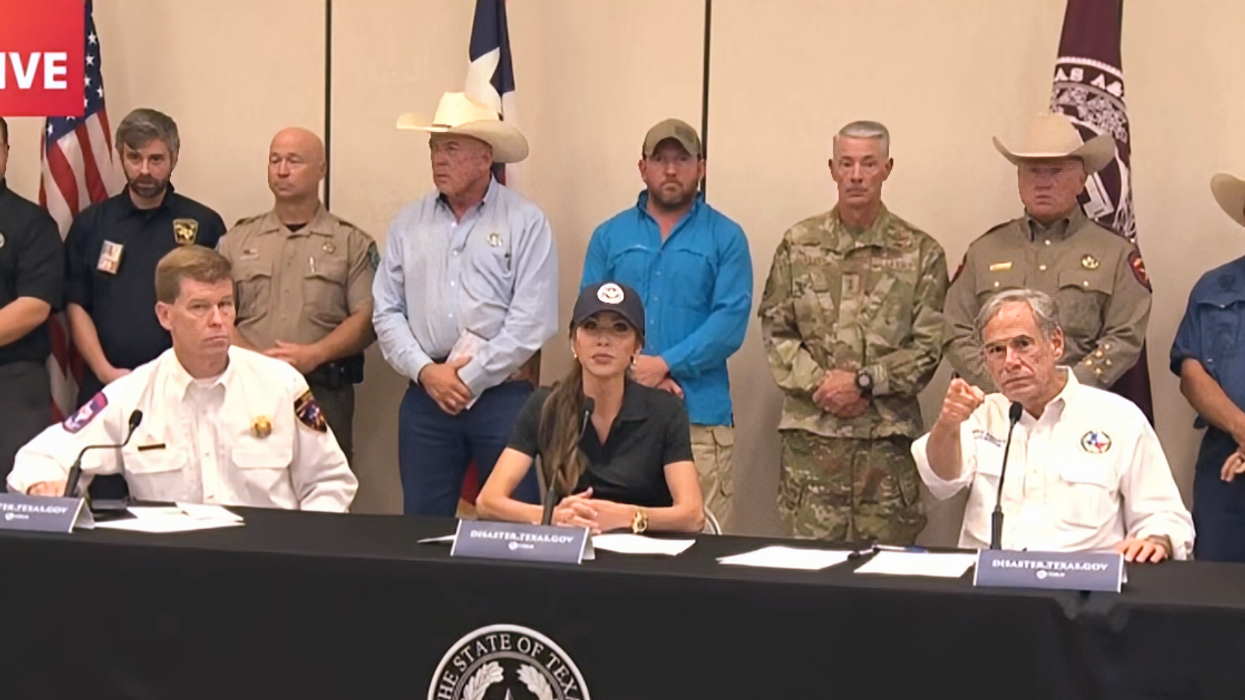
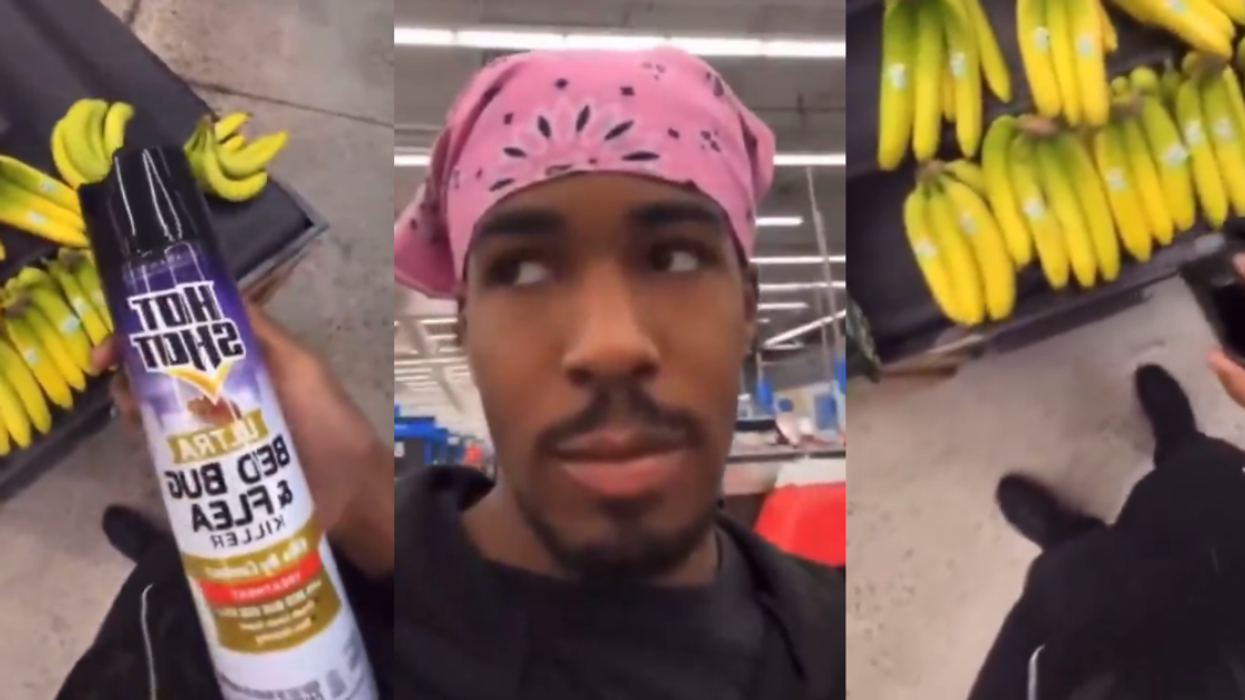
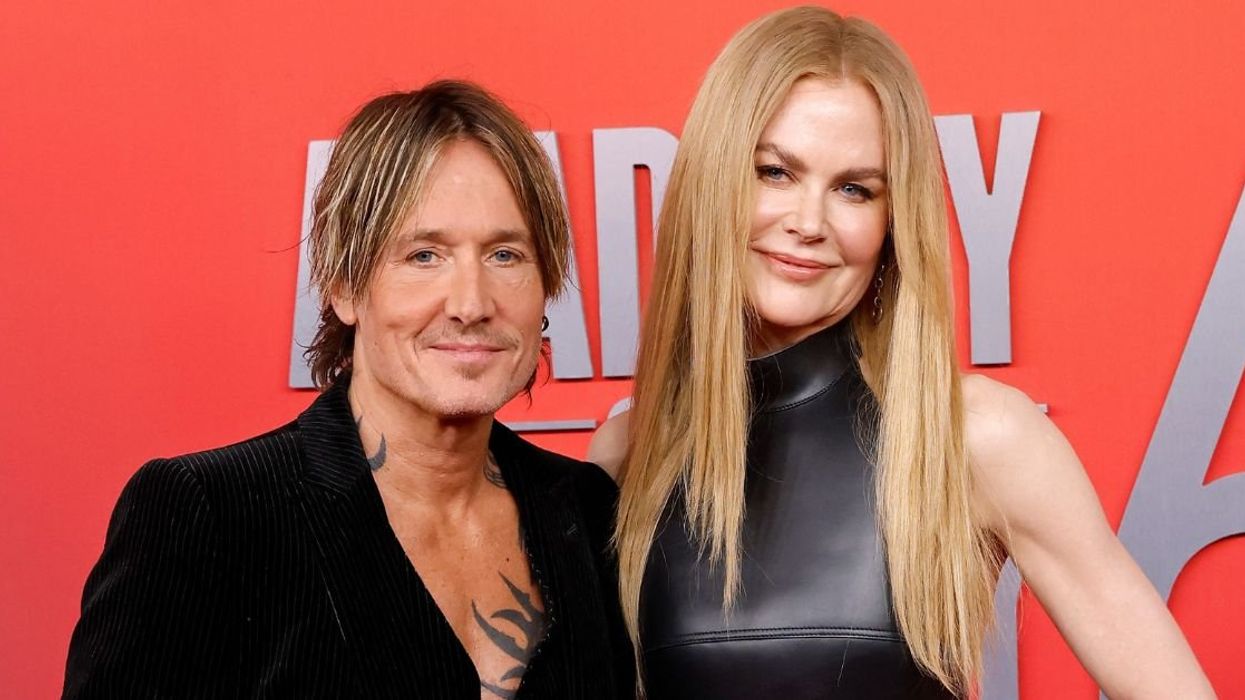
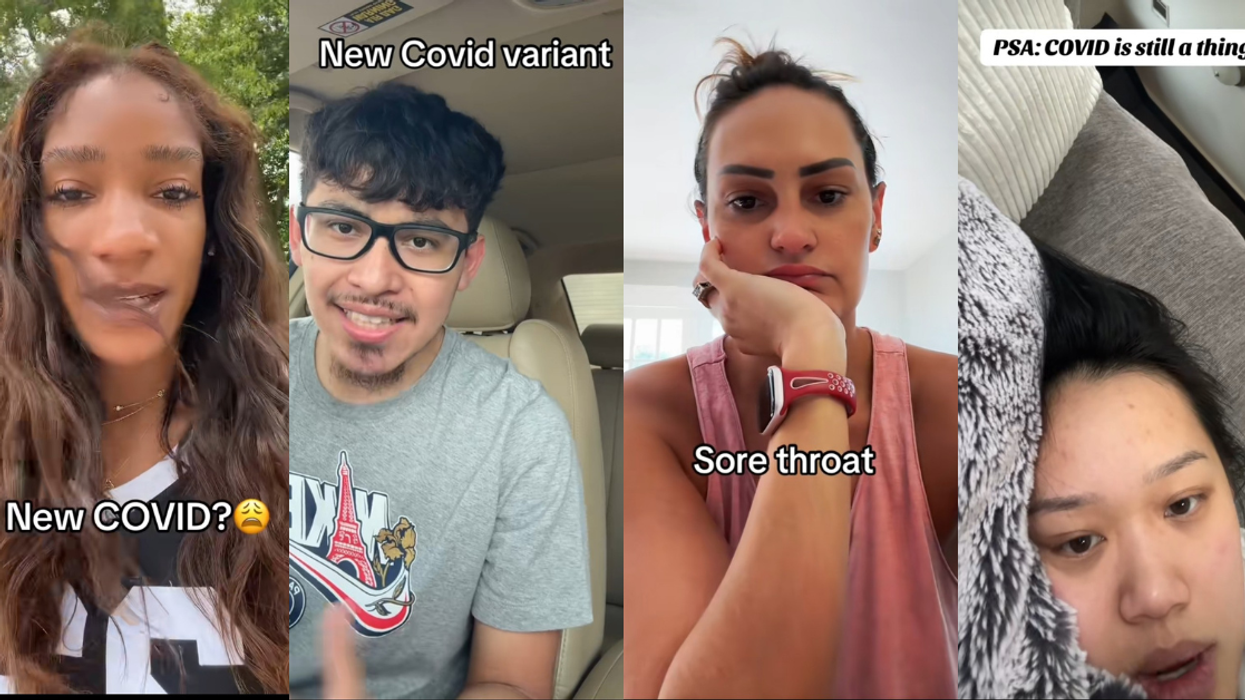
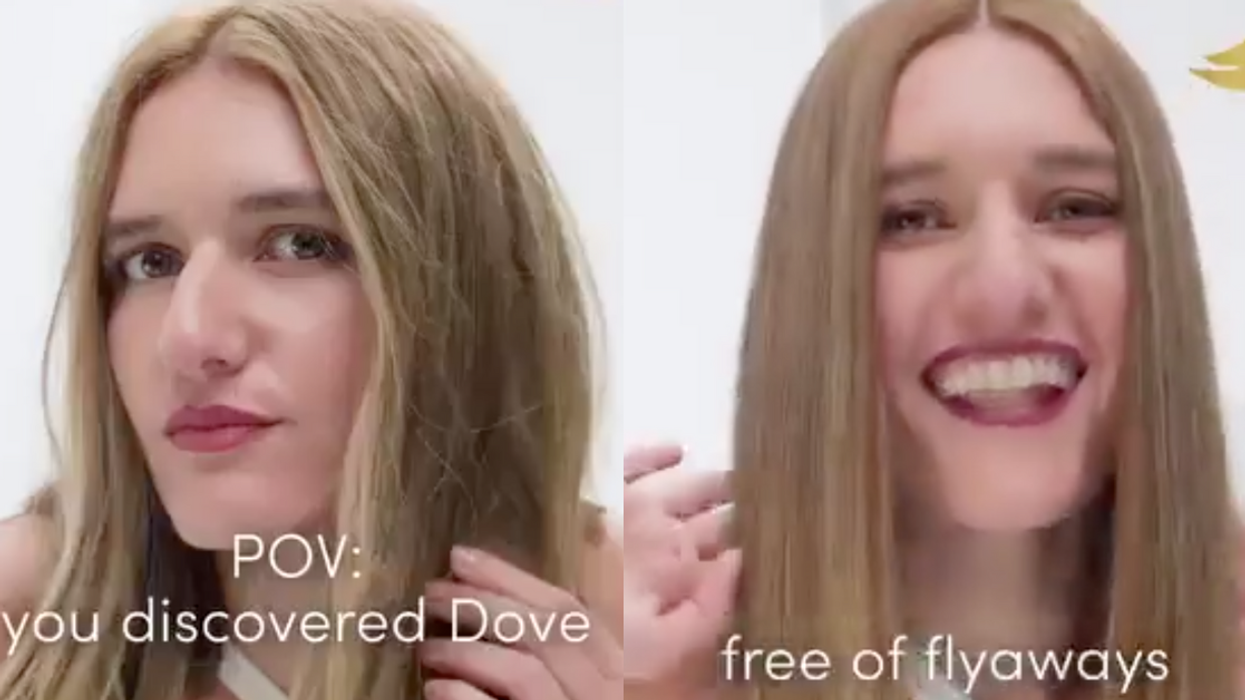
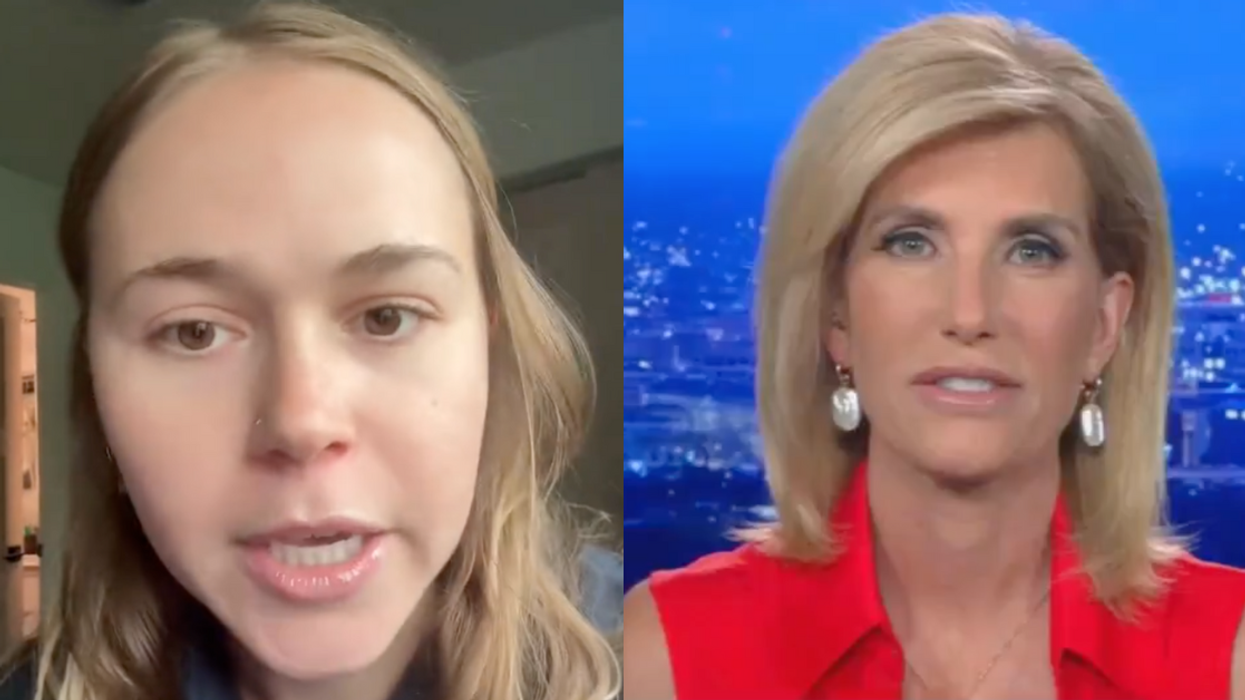
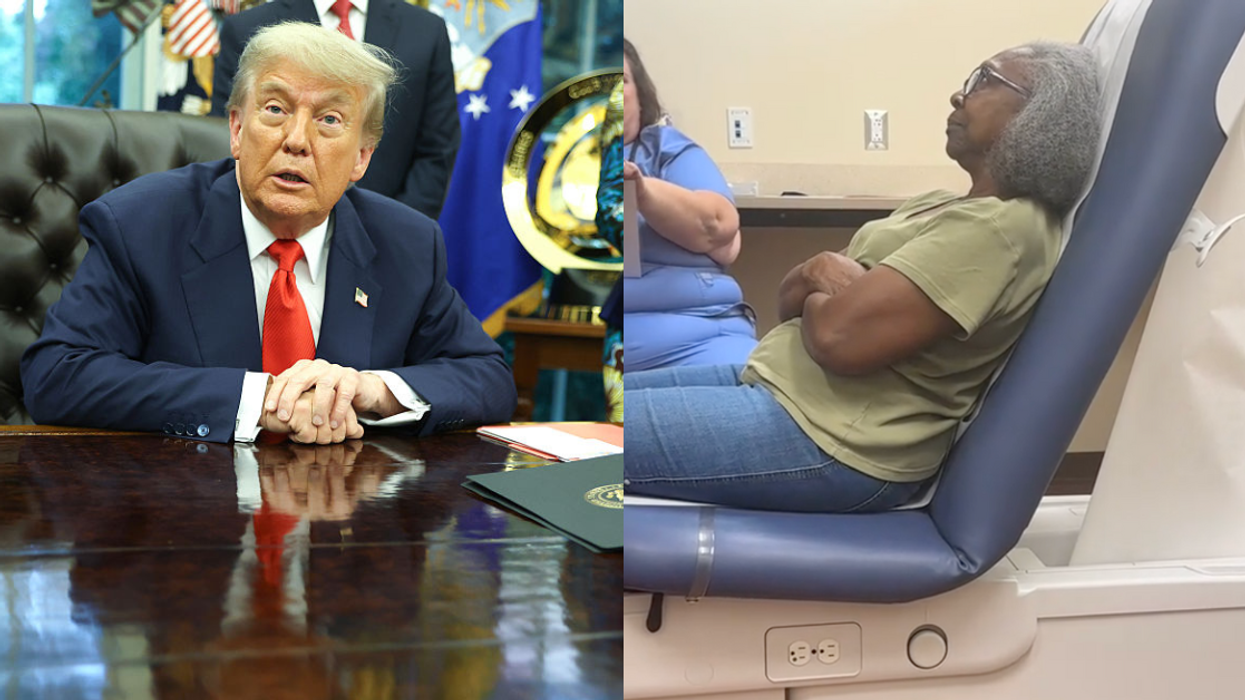

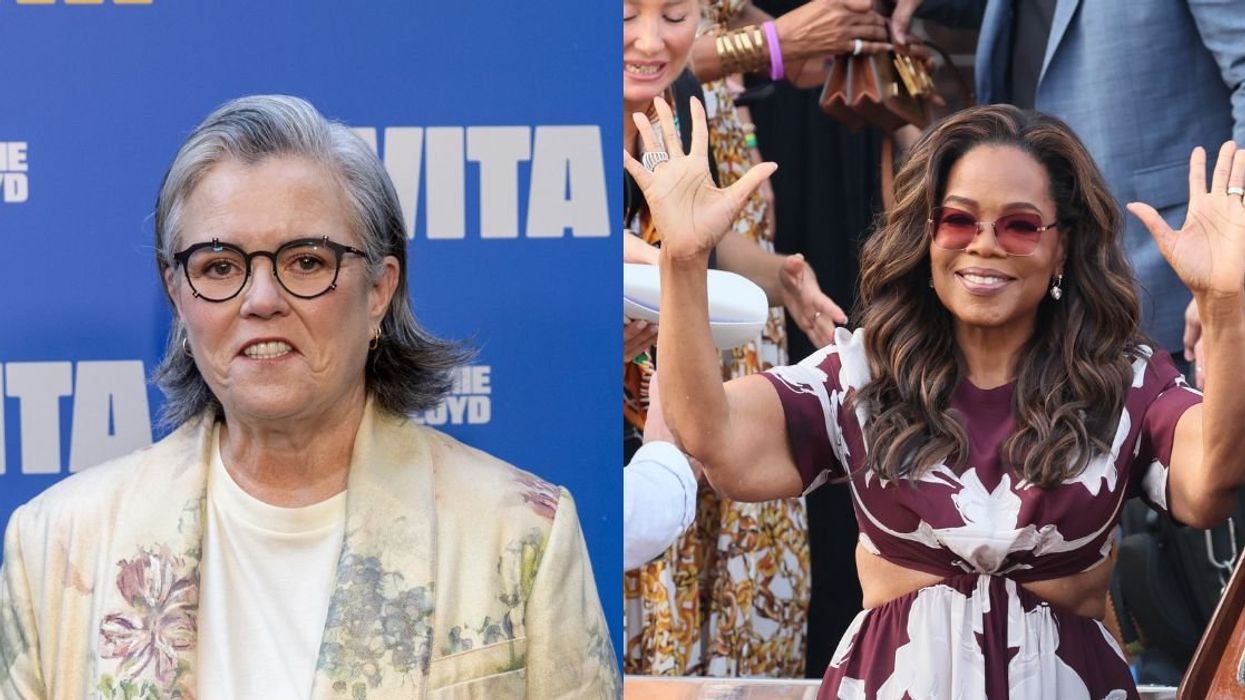

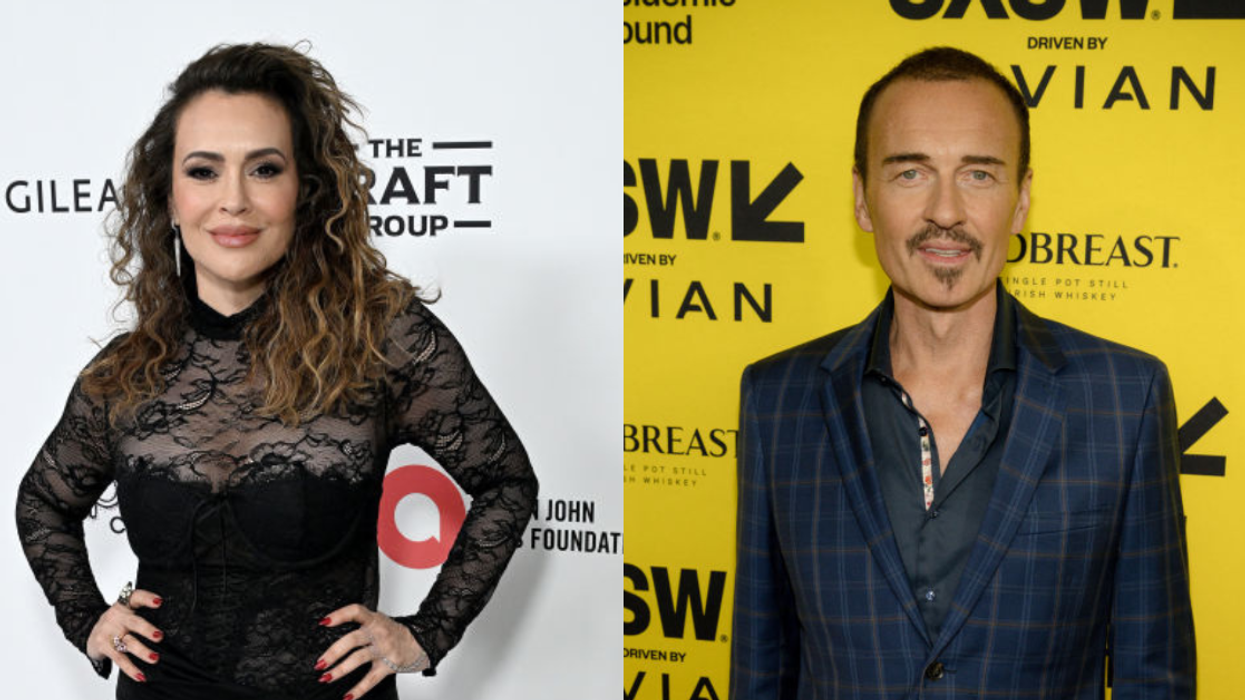
 @milano_alyssa/Instagram
@milano_alyssa/Instagram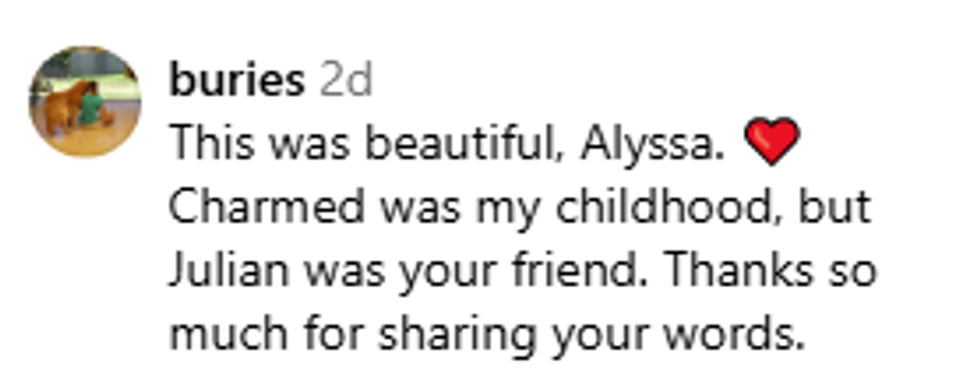 @milano_alyssa/Instagram
@milano_alyssa/Instagram @milano_alyssa/Instagram
@milano_alyssa/Instagram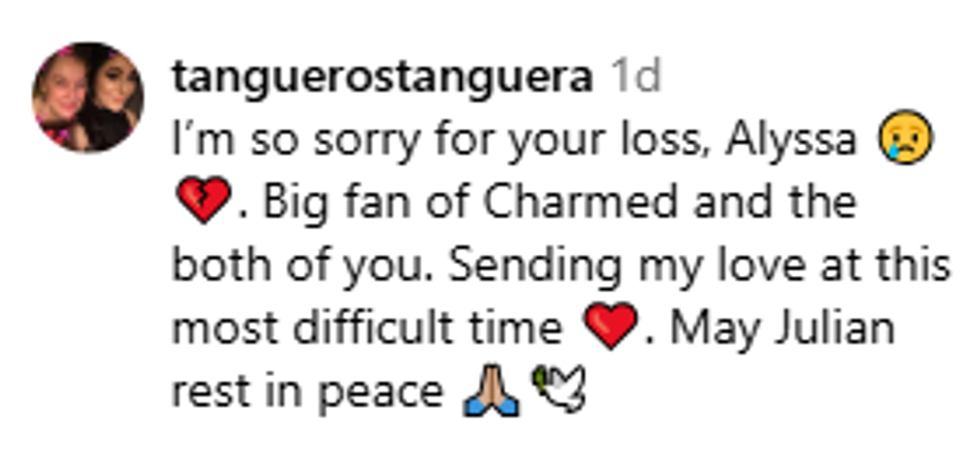 @milano_alyssa/Instagram
@milano_alyssa/Instagram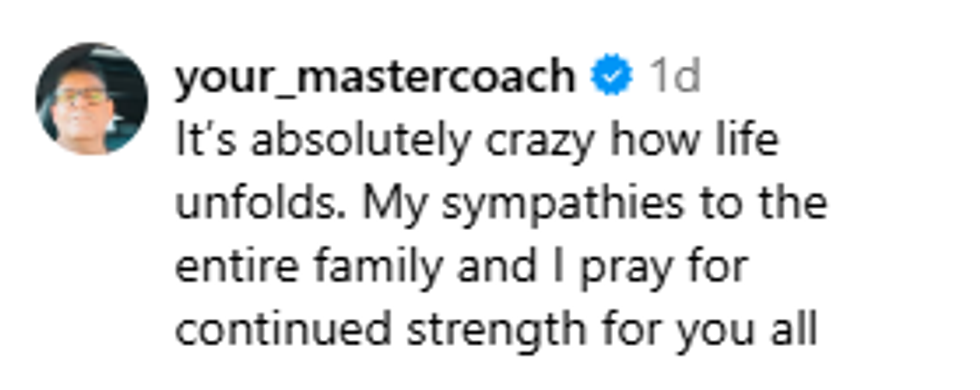 @milano_alyssa/Instagram
@milano_alyssa/Instagram @milano_alyssa/Instagram
@milano_alyssa/Instagram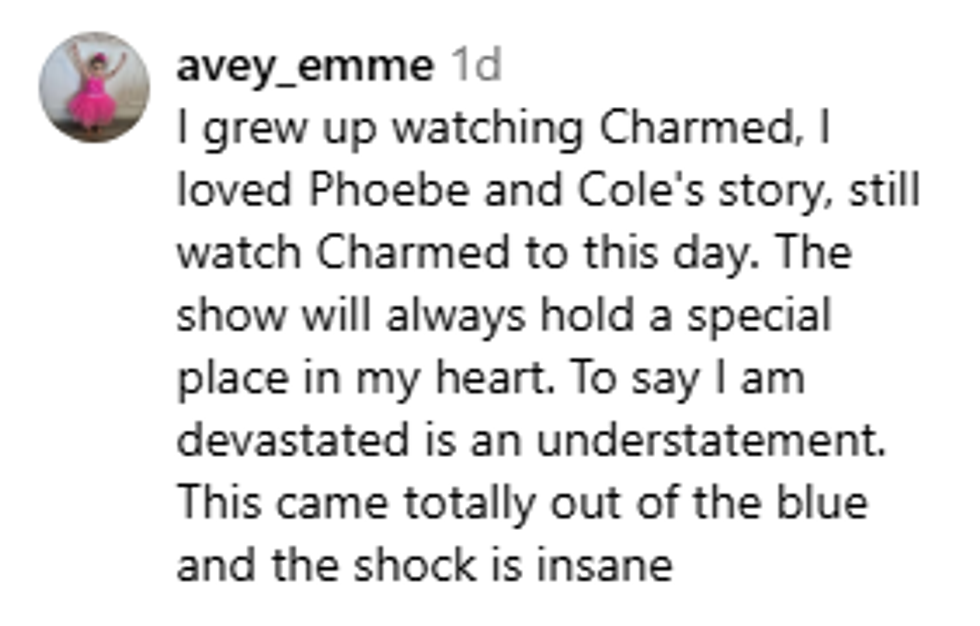 @milano_alyssa/Instagram
@milano_alyssa/Instagram @milano_alyssa/Instagram
@milano_alyssa/Instagram @milano_alyssa/Instagram
@milano_alyssa/Instagram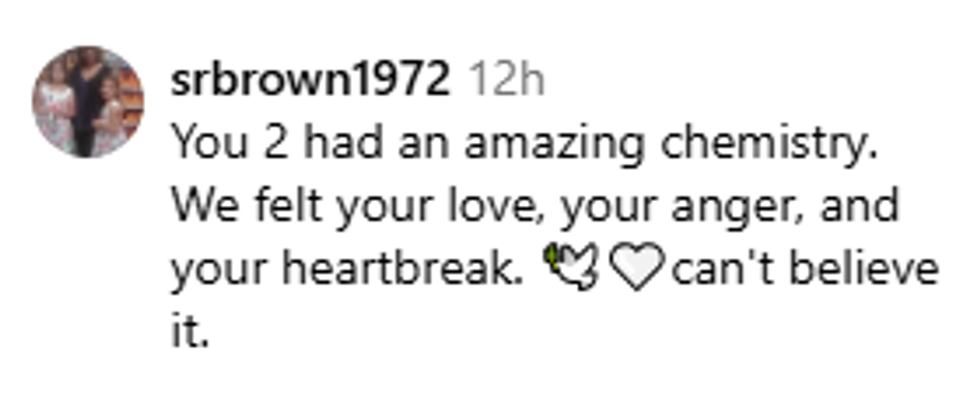 @milano_alyssa/Instagram
@milano_alyssa/Instagram @milano_alyssa/Instagram
@milano_alyssa/Instagram
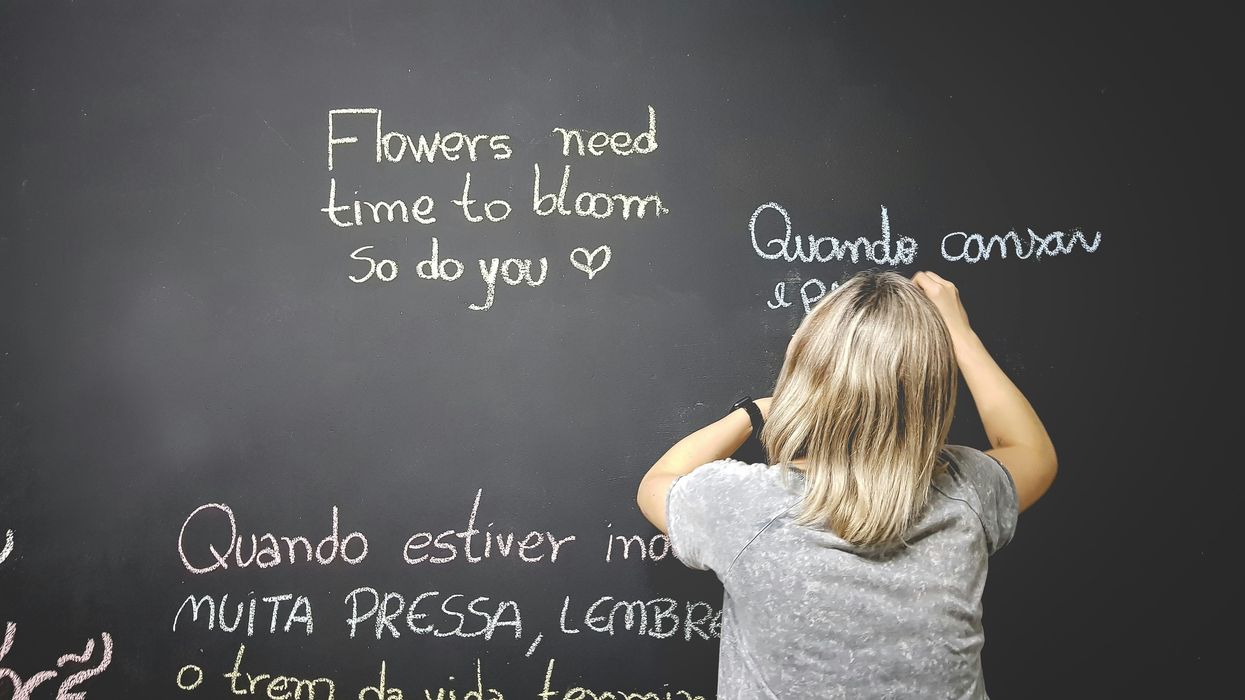
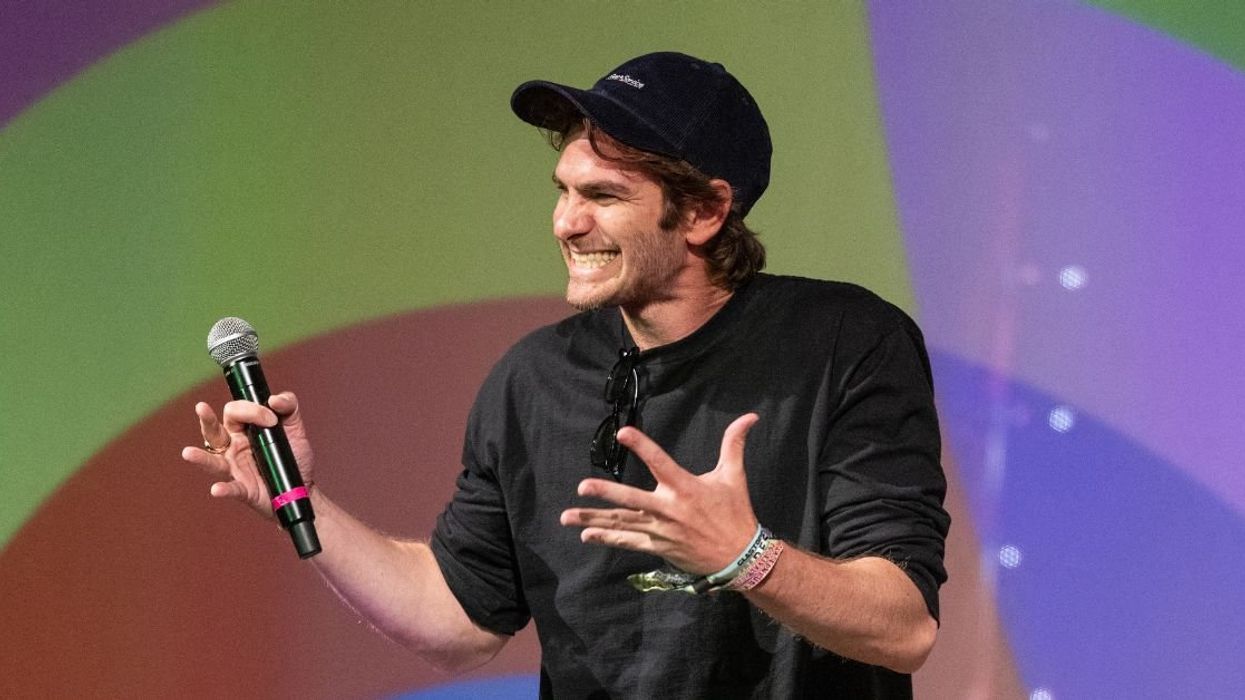
 u/rawrkristina/Reddit
u/rawrkristina/Reddit u/MrWolfOnTheProwl/Reddit
u/MrWolfOnTheProwl/Reddit u/Exciting-Fish680/Reddit
u/Exciting-Fish680/Reddit u/BlueberryNo5363/Reddit
u/BlueberryNo5363/Reddit u/Top2337/Reddit
u/Top2337/Reddit u/languid_Disaster/Reddit
u/languid_Disaster/Reddit  u/gnomegnosh/Reddit
u/gnomegnosh/Reddit @albie_r/TikTok
@albie_r/TikTok @tasmfan1987/TikTok
@tasmfan1987/TikTok